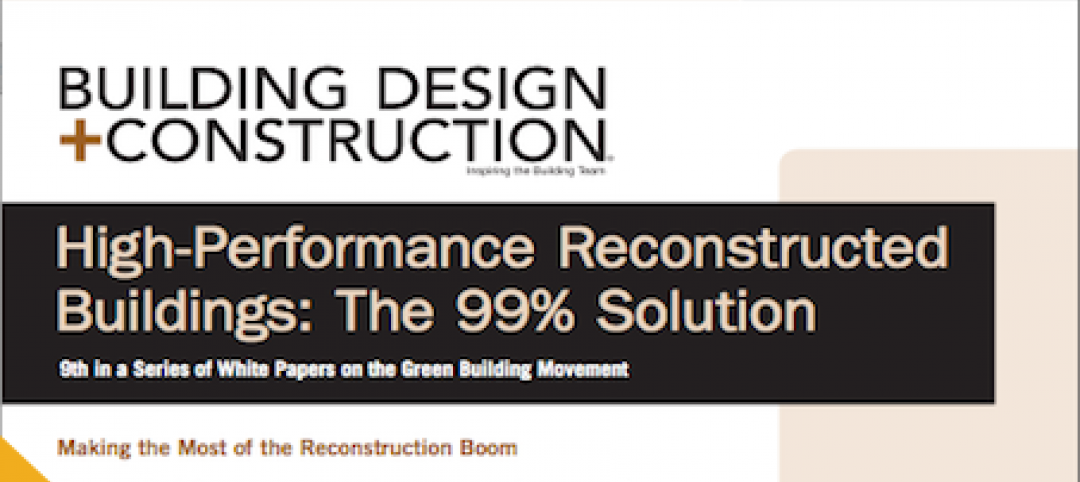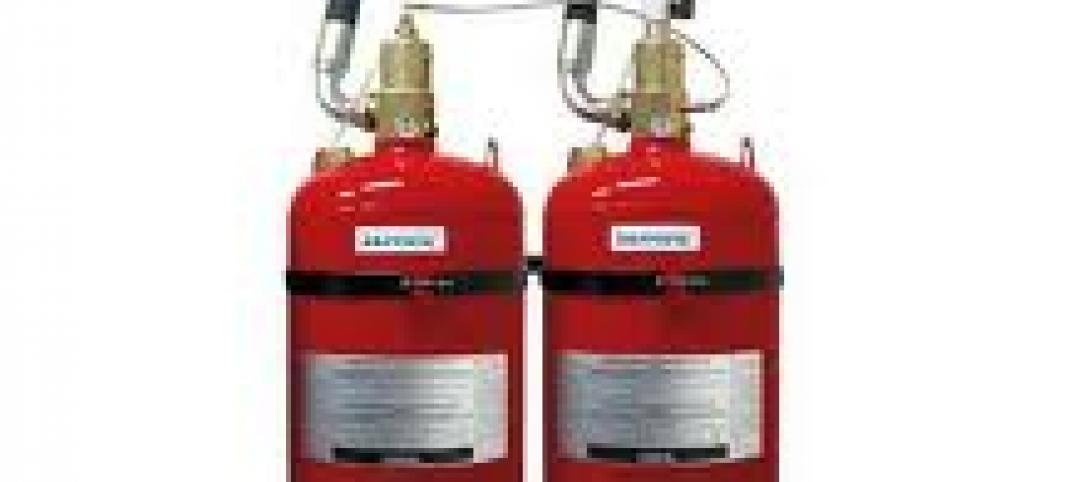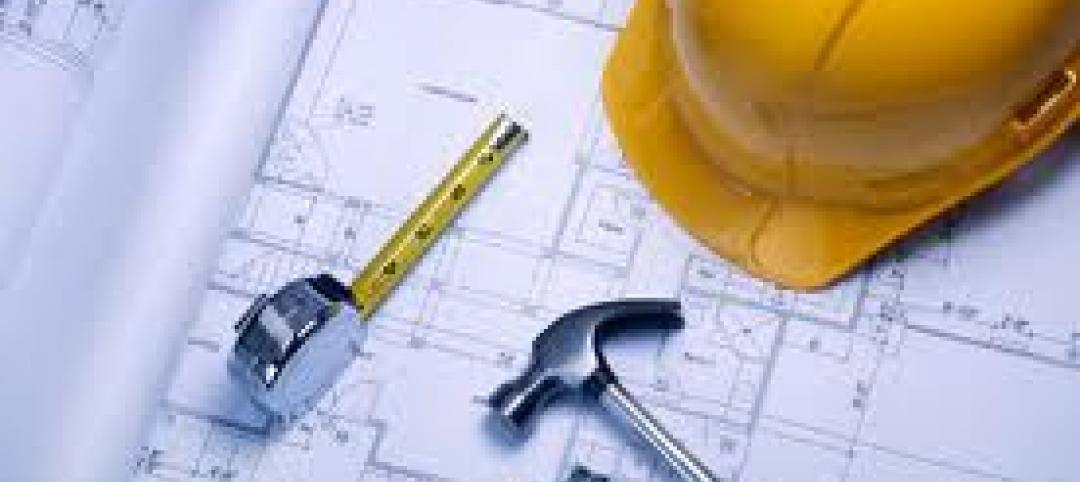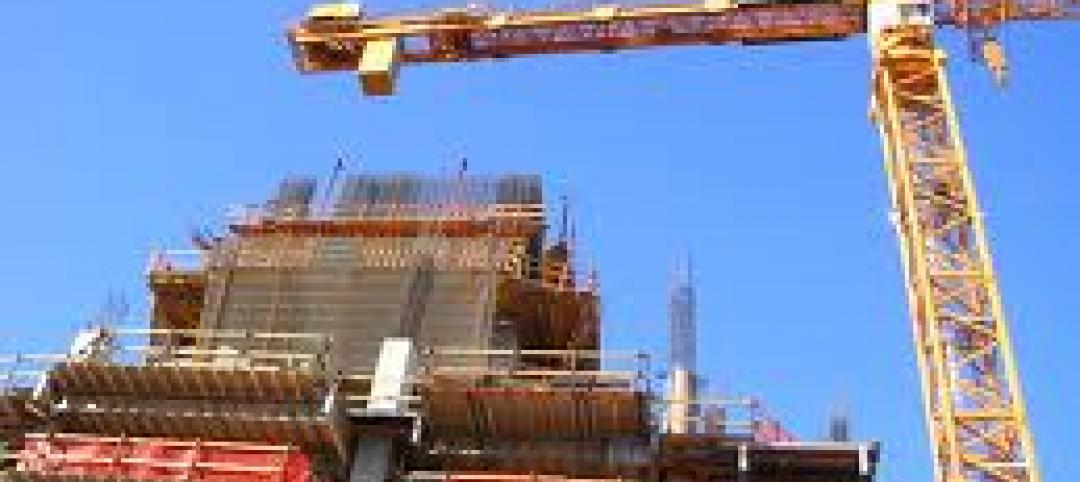The American Wood Council's 2015 “Wood-Frame Construction Manual for One- and Two-Family Dwellings” (WFCM ) has been approved as an American National Standard by the American National Standards Institute (ANSI). WFCM is referenced in the International Code Council’s 2015 “International Building Code” and 2015 “International Residential Code” (IRC).
The manual equips designers with engineered construction methods that result in buildings better able to withstand damage and protect occupants should disaster strike,” said AWC President & CEO Robert Glowinski. “Since the WFCM was first published in 1995, AWC has been providing a solution for design of wood-frame structures to resist natural disasters. Each successive edition of the standard continues to provide solutions to more severe events as required by building codes.”
The WFCM includes design and construction provisions for connections and wood wall, floor, and roof systems. A range of structural elements are covered, including sawn lumber, structural glued laminated timber, wood structural sheathing, I-joists, and trusses.
Primary changes in the new WFCM include:
· Tabulated spans for lumber framing members now reflect changes to design values referenced in the 2015 “National Design Specification for Wood Construction”.
· New tables provide prescriptive wood-frame solutions for rafters and ceiling joists in response to new deflection limits for ceilings using gypsum wallboard or brittle finishes adopted in the 2015 IRC.
· Designers may begin using the new standard immediately, but are encouraged to seek approval from the authority having jurisdiction.
The free view-only 2015 WFCM is now available in electronic format on the AWC website. Print versions of the standard are expected to be available for purchase in early 2015.
Related Stories
| May 10, 2012
Chapter 6 Energy Codes + Reconstructed Buildings: 2012 and Beyond
Our experts analyze the next generation of energy and green building codes and how they impact reconstruction.
| May 10, 2012
Resilience should be considered a sustainability factor
Since a sustainable building is one you don't have to rebuild, some building sustainability experts believe adding points for "resilience" to storms and earthquakes to the LEED sustainability rating tool makes sense.
| May 10, 2012
University of Michigan research project pushes envelope on green design
A research project underway at the University of Michigan will test the potential of intelligent building envelopes that are capable of monitoring weather, daylight, and occupant use to manage heating, cooling, and lighting.
| May 10, 2012
Fire suppression agents go greener
Environmental sensitivity is helping to drive adoption of new fire suppression agents.
| May 10, 2012
Industry groups urge Congress to leave contracting decisions to agencies
An organization of several industry groups urged Congress to leave many contracting decisions to the discretion of individual agencies by avoiding blanket mandates.
| May 10, 2012
OSHA proposes new rule to have employers find and fix hazards
The Occupational Safety and Health Administration has proposed a new regulation, Injury and Illness Prevention Program, or I2P2, which would compel employers to find and fix safety hazards.
| May 3, 2012
Stay current on green codes at AGC Environmental Conference
Keep abreast of market trends such as 2012 changes to green standards and codes at the AGC Contractors Environmental Conference, June 7-8, 2012 in Arlington, Va.
| May 3, 2012
OSHA reduces fines in Cincinnati casino collapse
The Occupational Safety and Health Administration has reduced the number of violations from four to two against four firms it cited earlier this month in the collapse of a casino under construction in Cincinnati.
| May 3, 2012
New York City implements controversial crane licensing requirements
New York City officials announced strict new licensing and testing requirements for all crane operators in New York City to raise safety standards.















